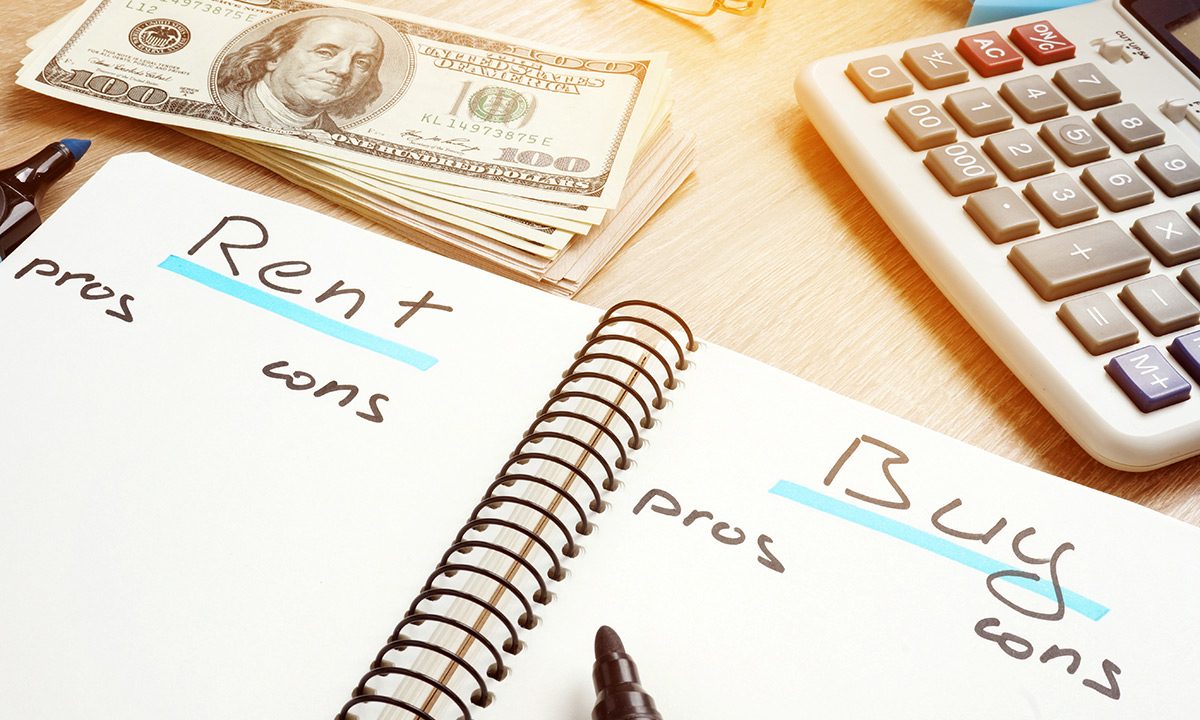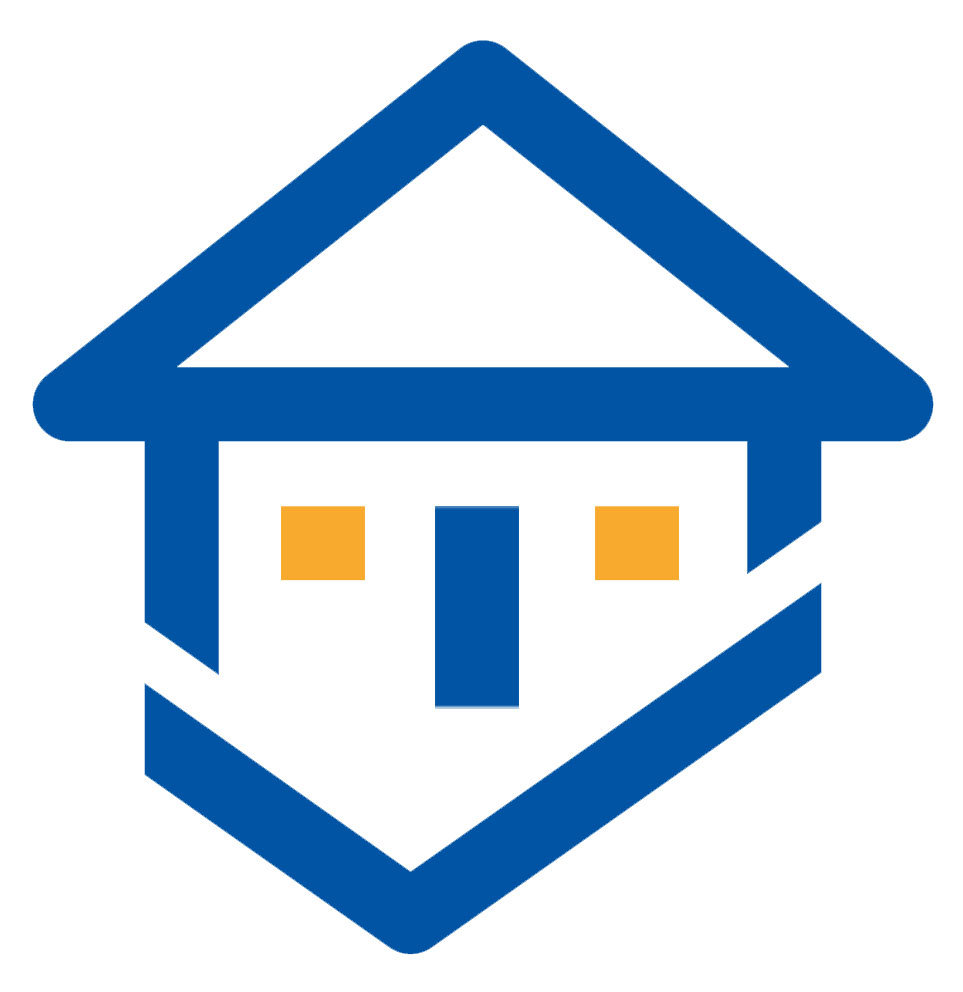
The Greater Toronto Hamilton Area (GTHA) has long been a hotbed for real estate activity, drawing both local and international investors. With its diverse neighborhoods, robust job market, and cultural attractions, it’s no wonder that many individuals find themselves contemplating the age-old question: should I rent or buy property in the GTHA? In this blog, we will delve into the pros and cons of both options to help you make an informed decision in this dynamic real estate market.
Before diving into the rent vs. buy debate, it’s essential to understand the current state of the GTHA’s real estate market. Historically, the GTHA has been a seller’s market, with demand consistently outpacing supply. This has led to soaring property prices, making it challenging for first-time homebuyers to enter the market. Renting has become a popular alternative for those looking for flexibility and affordability.
Renting in the Greater Toronto Hamilton Area (GHTA)
Pros of Renting:
Flexibility: Renting offers greater flexibility, allowing you to adapt to changing circumstances, such as job relocations or lifestyle adjustments, without the burden of selling a property.
Lower Initial Costs: Renters typically have lower upfront costs than homebuyers. You won’t need a substantial down payment, and you won’t be responsible for property taxes and maintenance. No Market Risk: Renters do not bear the risk of property value fluctuations. In a volatile market, this can provide peace of mind.
Amenities and Location: Many rental properties in the GTA come with amenities like gyms, pools, and security services. You can often afford to live in prime neighborhoods without the hefty price tag of ownership.
Maintenance and Repairs: When you rent, your landlord is responsible for maintenance and repairs, sparing you from unexpected costs and time-consuming tasks.
Diverse Housing Options: The GTHA offers a wide range of rental properties, from apartments and condos to single-family homes, making it easier to find a place that suits your needs and lifestyle.
Cons of Renting:
Limited Control: As a renter, you may have restrictions on making changes to the property or may face eviction if the landlord decides to sell or occupy the unit.
No Equity Building: One of the biggest drawbacks of renting is that you don’t build equity in a property. You’re essentially paying someone else’s mortgage, which means you won’t benefit from the potential appreciation of real estate values.
Rent Increases: While renting provides predictable monthly expenses, landlords can increase rent annually, potentially making it less affordable over time.
Lack of Long-Term Stability: Renting may not provide the same long-term stability as homeownership. You may need to relocate if the landlord decides to sell or if the property is sold.
Limited Personalization: Renters may be limited in how they can personalize their living spaces, as significant changes to the property may not be allowed
Buying in the Greater Toronto Hamilton Area (GTHA)
Pros of Buying:
Equity Building: When you buy a property, you’re investing in your future. Over time, your mortgage payments contribute to building equity, allowing you to accumulate wealth as the property’s value appreciates..
Stability: Owning a home can provide a sense of stability and security, knowing that you have a permanent residence.
Potential Tax Benefits: In Canada, homeowners may be eligible for tax benefits, such as the Principal Residence Exemption (PRE), which can help reduce your tax liability when selling your primary residence..
Long-Term Investment: Real estate in the GTHA has historically shown steady appreciation, making it a potentially lucrative long-term investment.
Freedom and Control: When you own a property, you have the freedom to make changes and improvements to the space without needing permission from a landlord. You can personalize your home to your liking.
Potential Income: Some homeowners choose to rent out part of their property to generate rental income, which can help offset mortgage costs.
Cons of Buying:
High Initial Costs: Buying a home in the GTHA requires a substantial down payment, which can be a barrier for many first-time buyers.
Ongoing Expenses: Property taxes, maintenance, and mortgage payments can be financially burdensome, especially if interest rates rise or unforeseen repairs are needed.
Market Volatility: The GTHA’s real estate market can be unpredictable. If property values decline, homeowners may face financial challenges or difficulty selling.
Limited Flexibility: Homeownership ties you to a specific location, making it less flexible if you need to move for job opportunities or other reasons.
Maintenance Responsibilities: As a homeowner, you’re responsible for all maintenance and repairs, which can be costly and time-consuming.
The decision to rent or buy property in the Greater Toronto Hamilton Area ultimately depends on your financial situation, lifestyle, and long-term goals. Renting offers flexibility and lower initial costs, while buying can build equity and provide stability. It’s essential to weigh the pros and cons carefully, taking into account your personal circumstances and the current state of the GTHA’s real estate market. Consulting with a real estate professional and a financial advisor can also help you make an informed decision that aligns with your objectives. In this vibrant and ever-evolving real estate market, there’s no one-size-fits-all answer, but by considering your options thoughtfully, you can find the right path for your future in the GTHA.
Questions & Answers (Q & A)
Q1: What are the main advantages of renting a property?
A: Renting offers flexibility since you’re not tied down to a long-term mortgage. It often requires lower upfront costs than buying, as you typically don’t need a substantial down payment. Renters also don’t have to worry about property taxes and costly maintenance.
Q2: What are the main advantages of buying a property?
A: Buying a property allows you to build equity over time, potentially increasing your wealth. It offers stability and a sense of ownership. There are also tax benefits for homeowners, such as the Principal Residence Exemption in Canada.
Q3: How do I decide whether to rent or buy a property?
A: The decision depends on your financial situation, long-term goals, and personal preferences. Consider factors like your budget, how long you plan to stay in the area, and your ability to handle ongoing expenses. Consulting with a financial advisor or real estate expert can be helpful.
Q4: Is renting always cheaper than buying?
A: Not necessarily. While renting often has lower upfront costs, it’s essential to consider the long-term financial implications. In some cases, buying can be more cost-effective, especially if property values appreciate significantly.
Q5: What are the disadvantages of renting a property?
A: Renters have limited control over the property and may face eviction if the landlord decides to sell or occupy the unit. Additionally, renting doesn’t build equity, and rental costs can increase over time.
Q6: What are the disadvantages of buying a property?
A: Buying a property requires a substantial down payment and comes with ongoing expenses like property taxes, maintenance, and mortgage payments. There’s also the risk of property value fluctuations in the real estate market.
Q7: Are there any tax benefits for renters?
A: In general, there are no direct tax benefits for renters. However, renters may benefit from lower insurance costs and not having to pay property taxes directly, as these are typically included in the rent.
Q8: How does the location impact the decision to rent or buy?
A: Location is a crucial factor. In high-demand areas like the Greater Toronto Area, property prices can be high. Renting might be more affordable, allowing you to live in a prime neighborhood without the commitment of ownership.
Q9: Can I transition from renting to buying later on?
A: Yes, many people start by renting and then transition to buying once they’ve saved for a down payment and feel financially ready. It’s a common path to homeownership.
Q10: What role does the real estate market play in this decision?
A: The state of the real estate market can impact your decision. In a seller’s market with rising property values, buying may be more attractive. In a buyer’s market with stable or declining prices, renting could be a wiser choice.
Remember that the decision to rent or buy ultimately depends on your unique circumstances and goals. Take your time to weigh the pros and cons and make an informed choice that suits your financial situation and lifestyle.
Q11: How do I determine if I’m financially ready to buy a property?
A: To assess your financial readiness, consider your credit score, savings for a down payment and closing costs, ongoing expenses, and the stability of your income. A financial advisor can help you evaluate your readiness.
Q12: What is the typical down payment required when buying a home?
A: In Canada, the standard down payment is 5% of the home’s purchase price for properties under $500,000, and 10% for the portion of the price over $500,000, up to $1 million. Properties over $1 million require a 20% down payment.
Q13: How can I estimate the total cost of homeownership?
A: In addition to the mortgage, factor in property taxes, homeowner’s insurance, maintenance costs (usually 1-2% of the property’s value annually), utilities, and any condominium or homeowner association fees.
Q14: What are some long-term benefits of homeownership?
A: Homeownership can provide long-term financial security, equity growth, and potential tax benefits. As you pay down your mortgage, you build equity, which can be a valuable asset.
Q15: Can renting ever be a better financial choice than buying a property?
A: Yes, in some cases, renting can be financially advantageous, especially if you don’t plan to stay in the same area for a long time or if property prices are very high relative to rental costs.
Q16: What are some potential risks of homeownership?
A: Homeownership comes with the risk of property value fluctuations. If the market declines, you may owe more on your mortgage than your home is worth. Additionally, unexpected maintenance costs can be a financial challenge.
Q17: Is it possible to invest in real estate without buying a property?
A: Yes, real estate investment trusts (REITs) and real estate crowdfunding platforms offer opportunities to invest in real estate without owning physical properties. These options can be more accessible and liquid.
Q18: Are there any government programs to assist first-time homebuyers in the GTA?
A: Yes, there are government programs like the First-Time Home Buyer Incentive in Canada that provide financial assistance to eligible first-time homebuyers. Be sure to research and understand the available options.
Q19: How can I compare the costs of renting and buying in a specific location in the GTA?
A: To compare costs, create a detailed budget that includes rent or mortgage payments, property taxes, maintenance, insurance, and utilities. Consider how these costs align with your income and financial goals.
Q20: What are some non-financial factors to consider when deciding to rent or buy?
A: Non-financial factors include your lifestyle, future plans (e.g., job changes, family growth), and personal preferences for homeownership, such as the desire for creative control over your living space.
Remember that the decision to rent or buy is a complex one, influenced by both financial and personal factors. Take the time to assess your unique situation and consult with professionals if needed to make the best choice for your circumstances.







